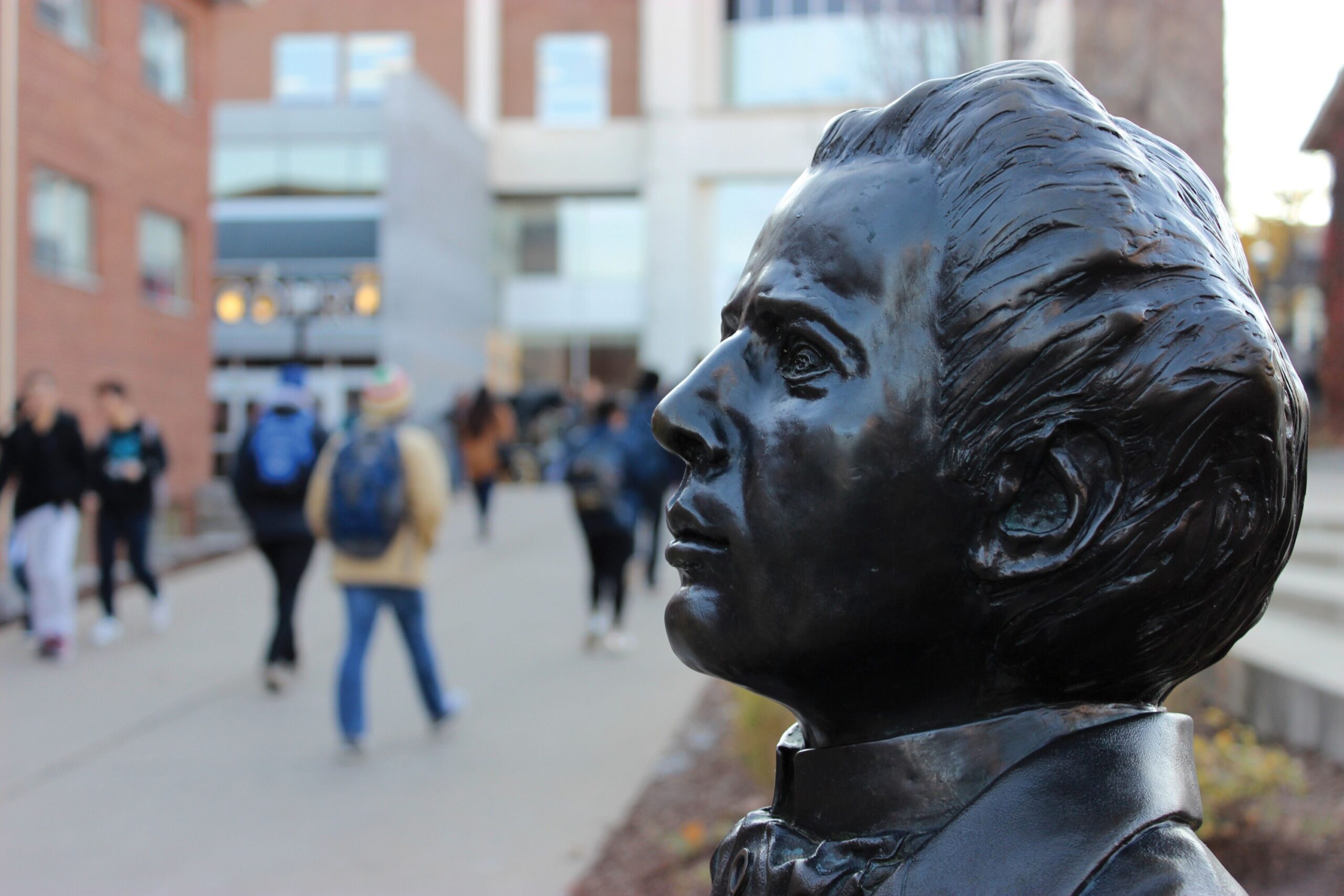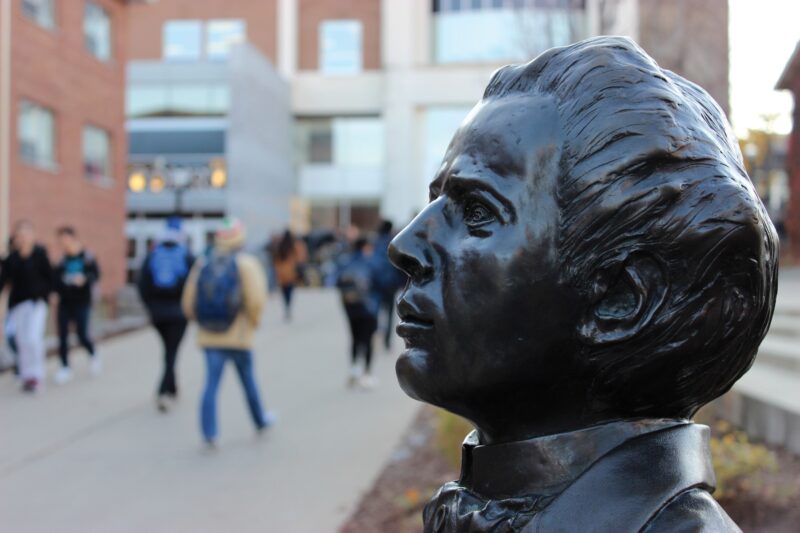Laurier Legacy Project explores the past

Experts weigh in on the university’s namesake and history to paint a picture of Laurier’s roots

On Jan. 15 from 9:00 a.m. to 2:30 p.m., hours of hard work were laid before students and faculty interested in their university’s history as part of a free Zoom webinar hosted by the university.
The Laurier Legacy Project is an initiative that aims to analyze the history of Wilfrid Laurier University and its namesake Sir Henri Charles Wilfrid Laurier. Aspects of the university’s history under inspection involve inclusion, exclusion, and belonging.
The symposium featured three different themes to showcase findings regarding elements of Laurier University’s past that are often unknown among its students.
“[The themes] were interconnected into this question about reckoning with the history of universities and the responsibility of [noting the knowledge] that gets raised in the twenty-first century about the past,” said Tarah Brookfield, associate professor of history and youth and children’s studies at Laurier
Alongside these themes, adjunct faculty member Tedla Desta researched and presented the history behind Laurier’s acquisition of the land the university is built on and the complex history of racialized students who played a pivotal role in building Laurier.
In his research, Desta has uncovered ghosts of bigotry and racism in Laurier’s past. “Universities have to be equitable places, fair places, and if they have to think about their future, they have to study what happened in the past and what they can learn from the past,” said Desta.
Sir Wilfrid Laurier is viewed for his accomplishments as Canadian Prime Minister, but like any historical figure, his legacy must be examined critically. “I think history is turning to think about things more in recent years,” said Katelyn Arac, Postdoctoral Fellow and member of Laurier’s equity, diversity, and inclusion team.
These include histories of immigration, inclusion, and exclusion. Arac notes the importance of acknowledging histories of indigenity and how indigenous peoples were impacted by the policies enacted by Laurier’s government.
Arac encourages having tough conversations about Laurier’s namesake, to help bring awareness to critical issues.
[They] help us to reflect on the ways in which universities operate now and how they’ve operated in the past and who’s been allowed in, effectively.
Arac
Members of the Laurier Legacy Project are eager to get the word out to students, and speakers are available to be booked for their Laurier lecture series on wlu.ca.

